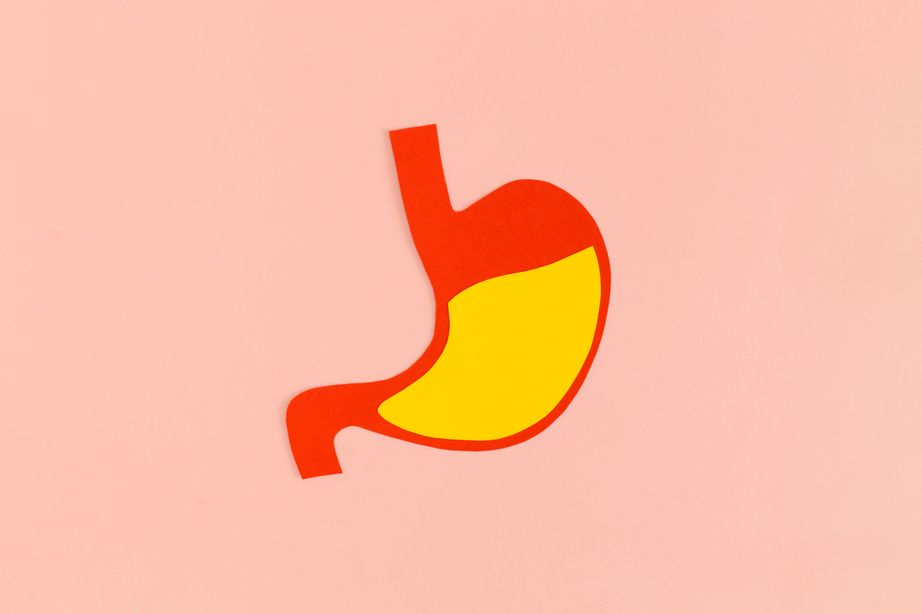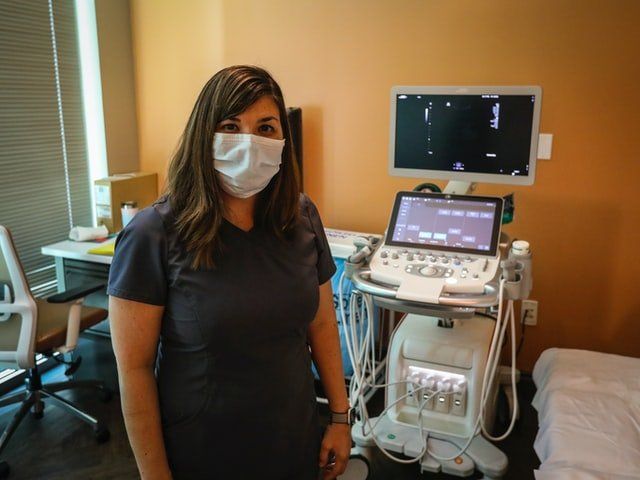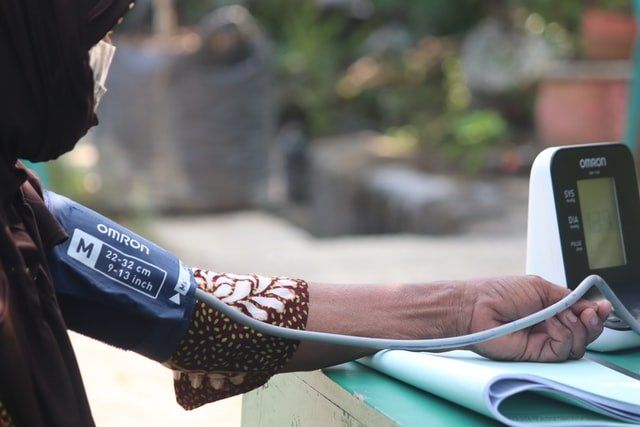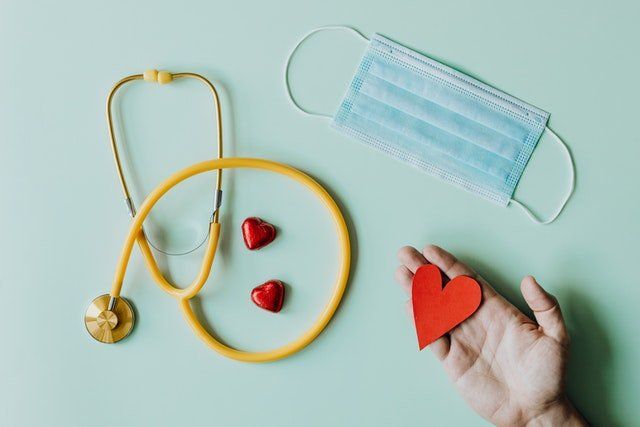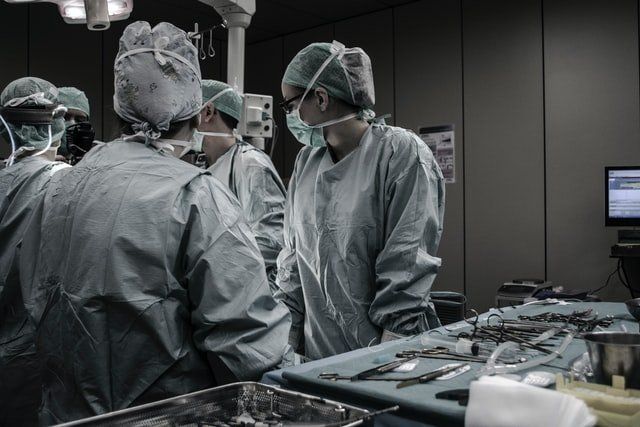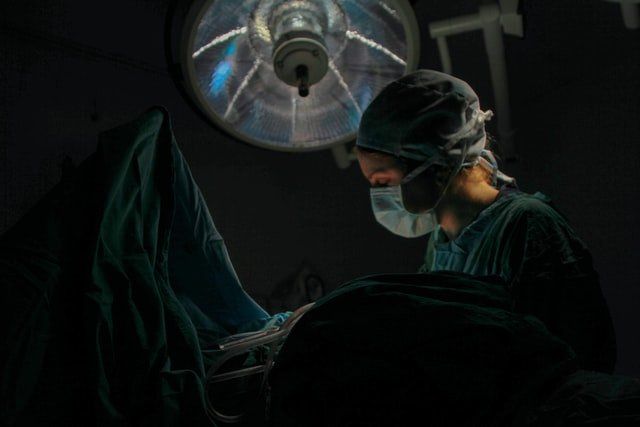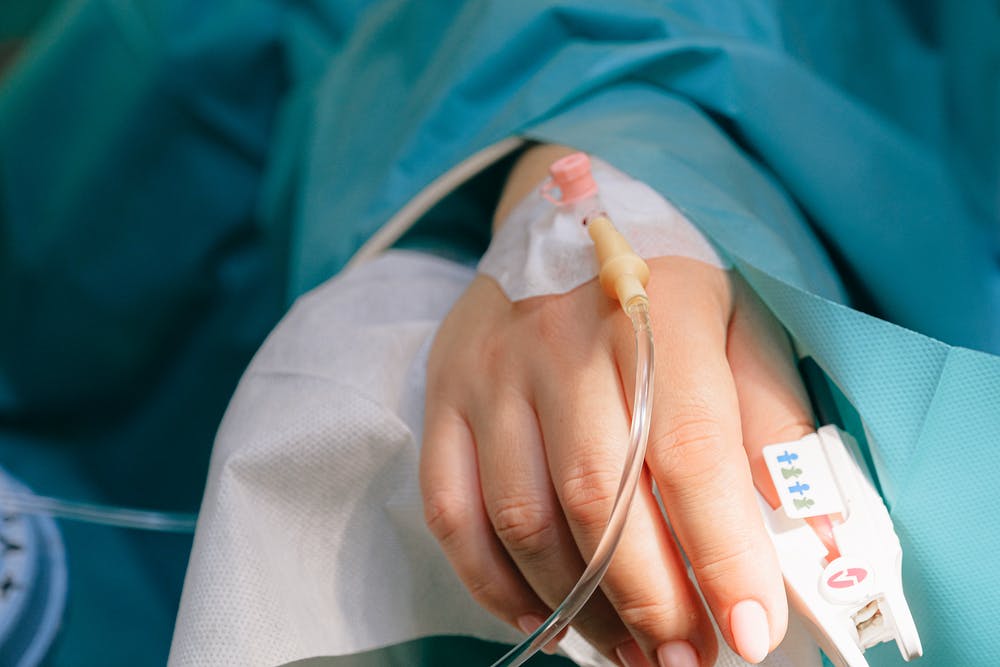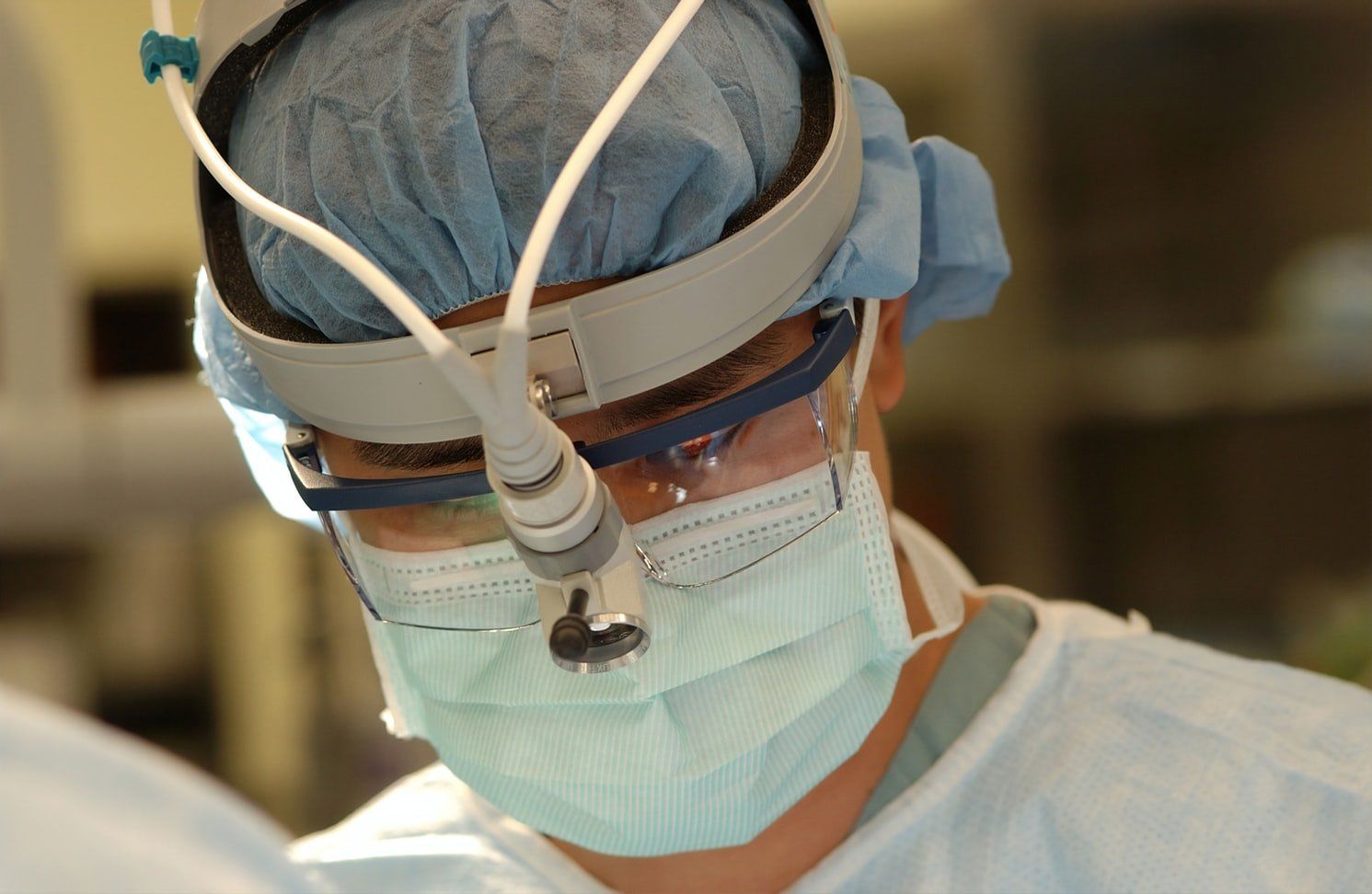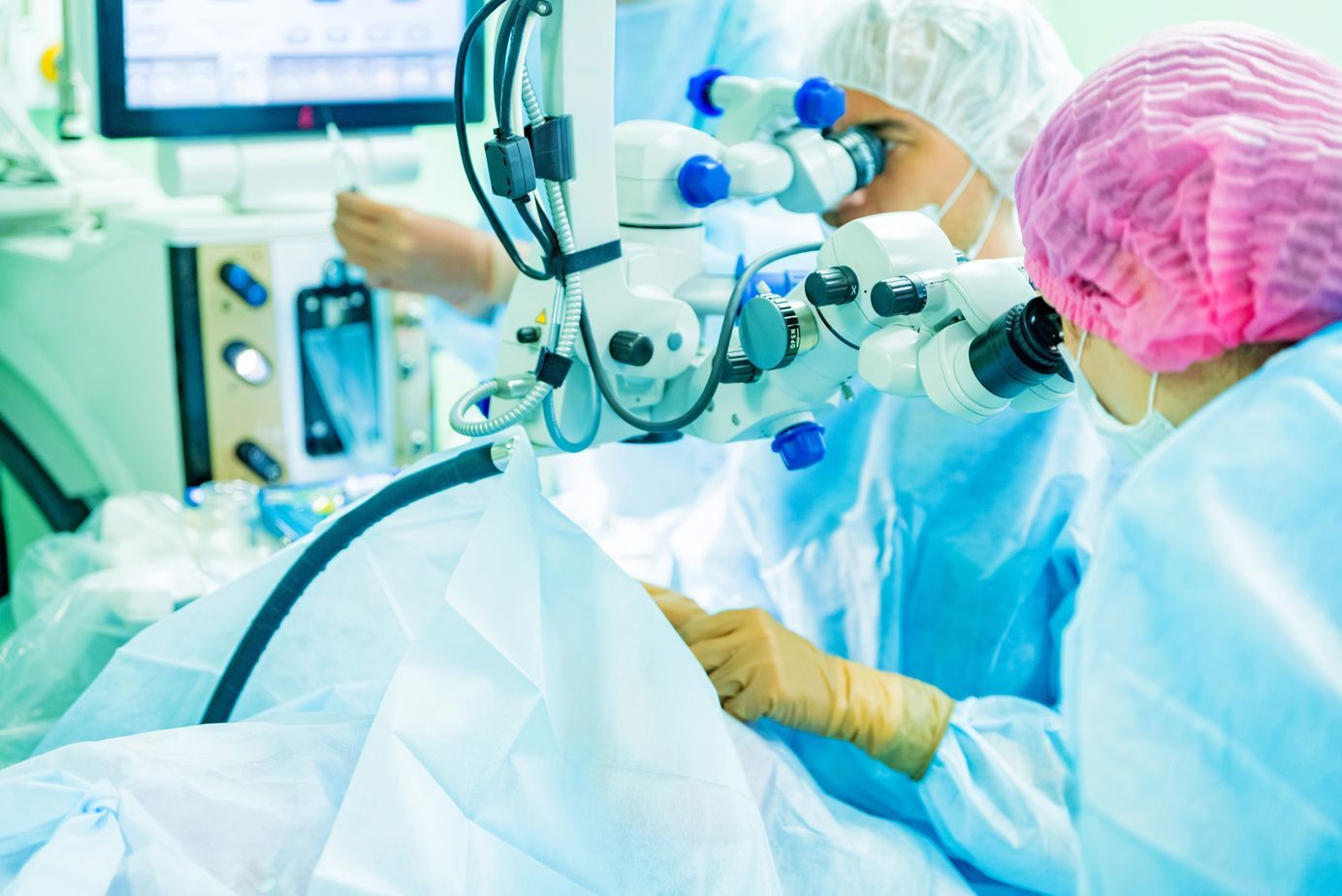7 Essential Things To Do for Your Telehealth Appointment
Going for medical check-ups used to be a pretty straightforward process. It simply went like this: go to the doctor, discuss how you’re feeling, they’ll prescribe treatment, and you’ll go home to do as you’re told. However, that changed when the COVID-19 pandemic hit because it became harder for people to see their doctors. The good thing is that hope isn’t entirely lost because of telemedicine or telehealth.
As the name suggests, telemedicine involves doctor’s consultations over technologies such as phone calls or video calls. The trend continues until today because we’re not out of the woods yet regarding the pandemic.
Just as you need to prepare certain things before an in-person consultation with your doctor, you need to do the same before your telemedicine appointment. What exactly are these things? We’ll discuss them in this article, so read on below.
#1 - Talk to Your Insurance Company Regarding Coverage
In healthcare, you must always avoid any unexpected bills to save money for any treatment that will be needed. Luckily, many insurance companies today offer telemedicine appointments. What’s better is that some states have made it mandatory for insurance companies to cover telemedicine appointments. However, you may still need to make a copayment. Whatever the case, everything that goes on in your appointment is protected by HIPAA laws.
#2 - List Down All of Your Symptoms
You must give your doctor as much information as possible about your condition. You should also tell your doctor how long you have been feeling these symptoms. Let’s say that you have a fever; you need to tell how long you have had it, if there are any temperature changes, or if you took any medication to reduce the fever. If visible symptoms are present, such as rashes, you should take a photo or show it to the doctor if you’re video calling for your appointment.
#3 - Let Your Doctor Know of Any Pre-existing Conditions
During your appointment, your doctor will likely need your medical history, so you’ll need to state any pre-existing conditions that you may have and how long they have been present. This is a step that you must not skip, and the only way you can miss this is if you’ve been going to the same doctor for years. You also need to let your doctor know if you take any medications for these conditions.
#4 - Place Medical Devices Next to You
Medical devices such as thermometers or blood pressure monitors need to be close to you during your telehealth appointment because your doctor might request a current reading as you discuss your condition. Telehealth appointments are on the clock, so you don’t want to waste time looking for these things.
#5 - Find a Quiet Spot for Your Appointment
Since telehealth appointments are done over a phone or video call, you’ll need to find a quiet spot so that you and your doctor will not be interrupted by background noise as you talk. You also need to turn off any noise-making devices such as your TV. To make things easier, you can use noise-canceling headphones to prevent any background noise from being heard.
#6 - Get Your Device Ready Before the Call
Since a telehealth appointment requires technology, you have to prepare your device before the call starts. That means fully charging your device, whether it be a smartphone, tablet, or laptop. If your medical provider requires you to download any software and make an account, you must also do that.
#7 - Get Yourself Ready for a Face-To-Face Consultation
Telehealth appointments are a great option to consult with your doctor, but you may be required to meet face-to-face afterward. If this happens, make sure to tell every detail discussed between you and your doctor during the telehealth appointment to advise your doctor regarding the information you received.
Conclusion
Telehealth appointments are the best way to maintain safety while still getting proper medical care. Make sure to take note of everything that we’ve mentioned so that your telehealth appointment will go smoothly.
Michel Kahaleh Gastroenterologist offers
telehealth consultations in New Jersey. We believe that everyone should have access to immediate medical care, so we provide this service for patients. Contact us today to book a consultation!

